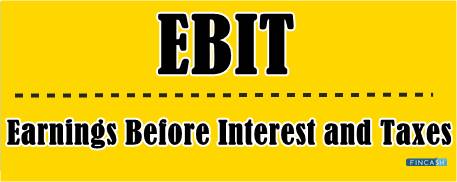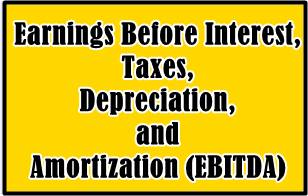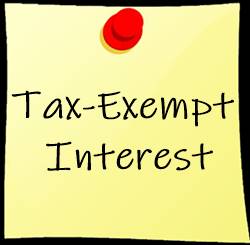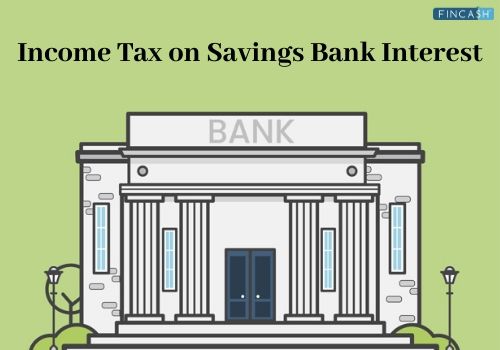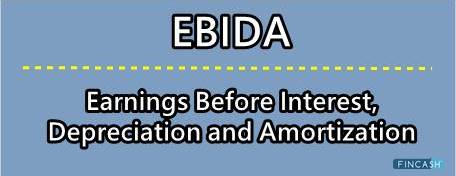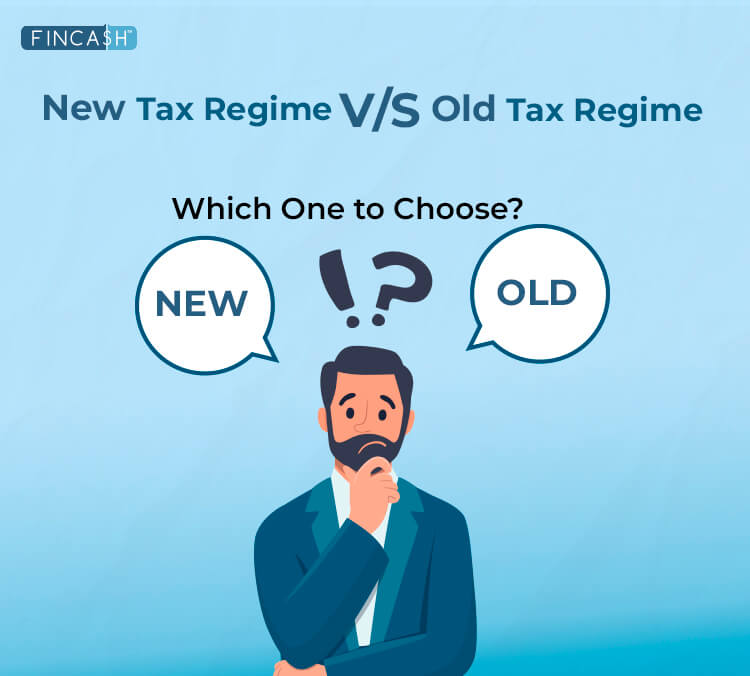Earnings Before Interest After Taxes (EBIAT)
What is Earnings Before Interest After Taxes?
Earnings Before Interest After Taxes (EBIAT) is one financial measure that indicates the operating performance of a company. It is quite equal to after-tax EBIT and helps to measure the profitability of a company without paying attention to its Capital structure.
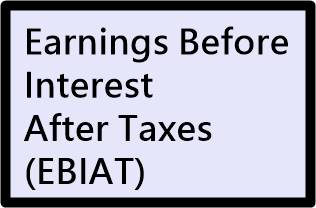
Furthermore, EBIAT evaluates the ability of a company to generate Income from operations for a specific time. This measurement concentrates on taxes as they are viewed as a consistent expenditure that is beyond the control of a company, especially if it’s profitable.
As far as financial analysis is concerned, EBIAT is monitored only because it represents the availability of cash to pay creditors in case of a liquidation situation. In case the company doesn’t have enough amortization or depreciation, EBIAT would be watched closely.
How to Calculate EBIAT?
Calculating Earnings Before Interest After Taxes is quite simple. It is evaluated as the EBIT of the company x (1 – Tax Rate). Thus, the EBIAT formula would be:
EBIT = revenues – operating expenses + non-operating income.
Let’s take an example here to understand it further. Suppose company A reported sales revenue of Rs. 1,000,000 for a specific year. Over the same time, the company reported Rs. 30,000 as the non-operating income.
And, the cost of the sold product is reported as Rs. 200,000 and the amortization and depreciation are Rs. 75,000. Apart from this, administrative, selling, and other expenses were Rs. 150,000 and miscellaneous expenses came at Rs. 20,000. The company also reported a special, one-time expense of Rs. 50,000.
Now, keeping these numbers in mind, the EBIT will be calculated as:
EBIT = Rs. 1,000,000 – (Rs. 200,000 + Rs. 75,000 + Rs. 150,000 + Rs. 20,000 + Rs. 50,000) + Rs. 30,000 = Rs. 535,000
Suppose that the tax rate for the company is 30%, the EBIAT will be calculated as:
- EBIAT = EBIT x (1 – tax rate) = Rs. 535,000 x (1 – 0.3) = Rs. 374.500
Also, some analysts say that special expenses shouldn’t be included while calculating the EBIAT as they are not recurring. Whether to include it or not is still not finalized. In the example given above, if the one-time expense is added or not impacts the end result. Thus:
Talk to our investment specialist
EBIAT with one-time expense = Rs. 409,500
EBIAT without one-time expense = Rs. 585,00
All efforts have been made to ensure the information provided here is accurate. However, no guarantees are made regarding correctness of data. Please verify with scheme information document before making any investment.
